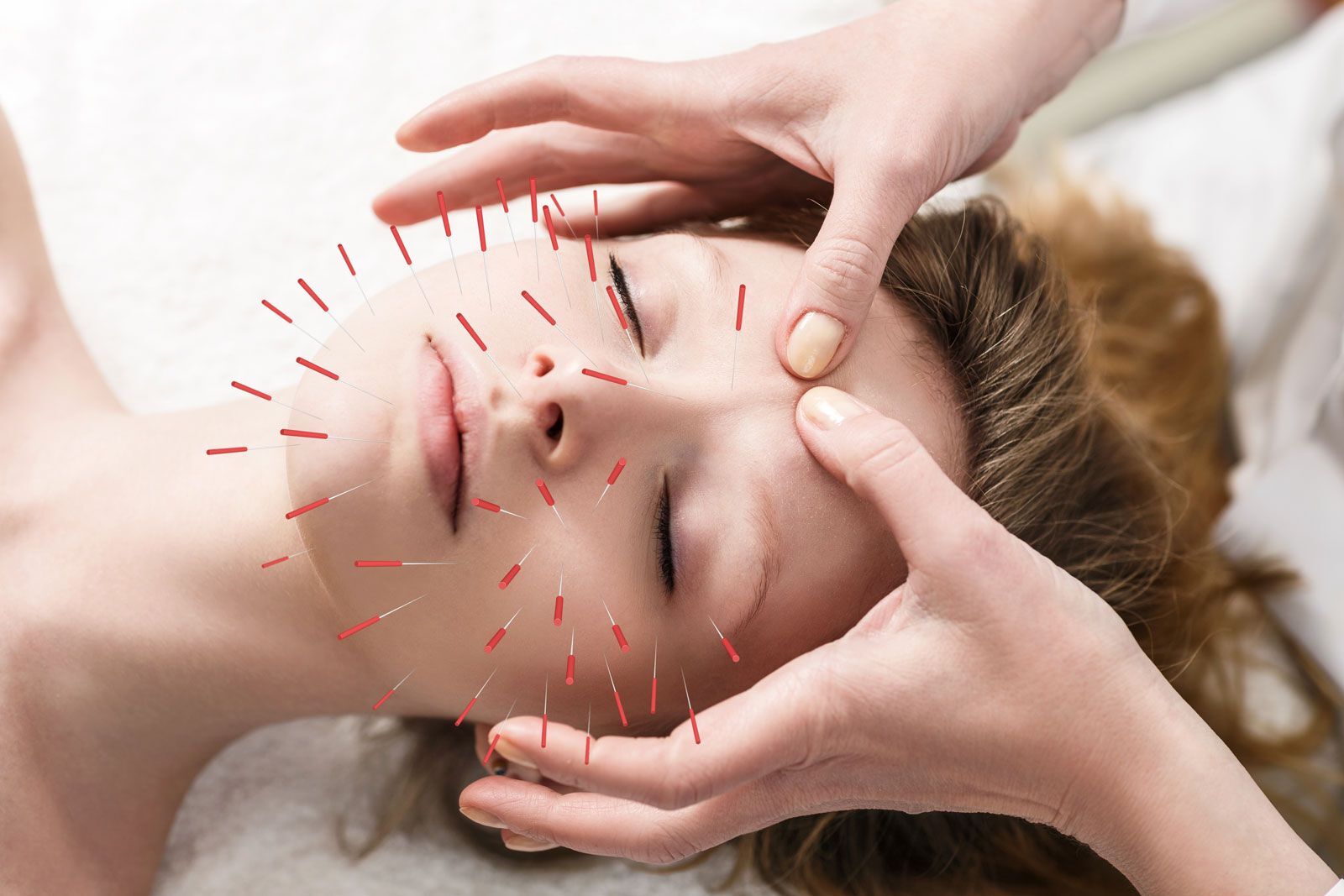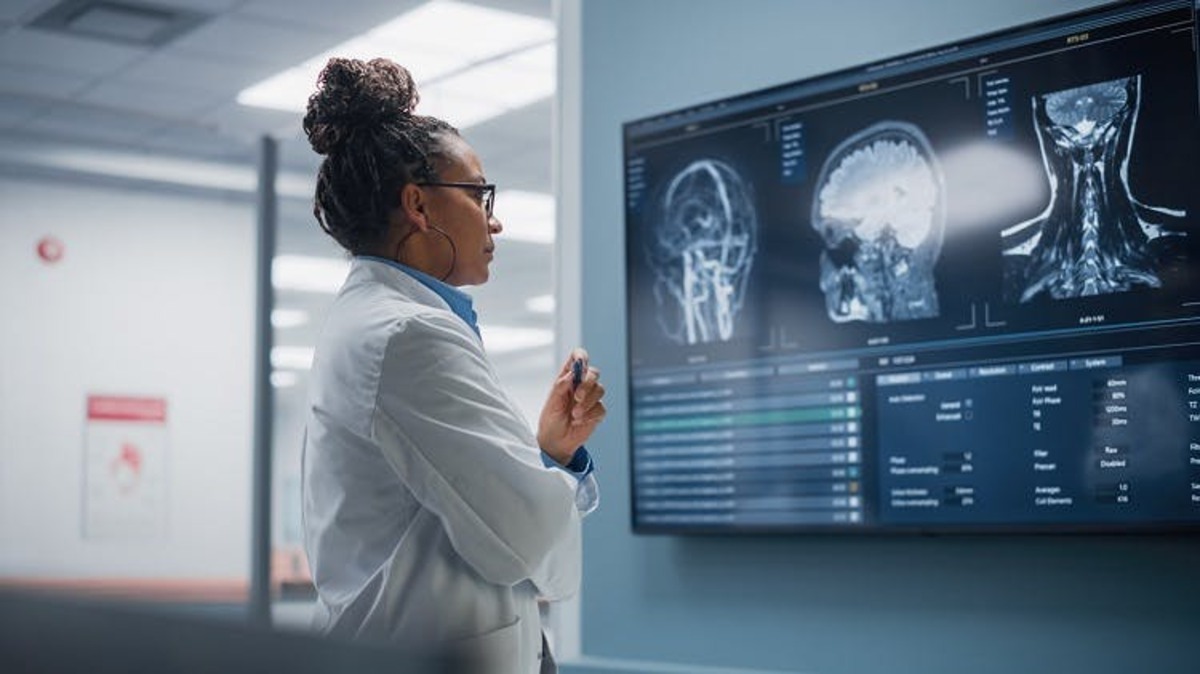
Acupuncture has been around for thousands of years, but what makes it so special? This ancient practice involves inserting thin needles into specific points on the body to balance energy flow, known as Qi. But does it really work? Many people swear by it for pain relief, stress reduction, and even treating chronic conditions. Scientists have mixed opinions, yet some studies show promising results. Whether you're a skeptic or a believer, learning about acupuncture can be eye-opening. From its origins in China to its rise in Western medicine, there's a lot to uncover. Ready to dive into 40 fascinating facts about acupuncture? Let's get started!
What is Acupuncture?
Acupuncture is an ancient practice originating from traditional Chinese medicine. It involves inserting thin needles into specific points on the body to balance energy flow and promote healing. Here are some fascinating facts about acupuncture.
- Acupuncture dates back over 2,500 years, making it one of the oldest healing practices in the world.
- The word "acupuncture" comes from the Latin words "acus" (needle) and "punctura" (to puncture).
- According to traditional Chinese medicine, acupuncture works by balancing the flow of Qi (pronounced "chee"), the vital life force.
- There are over 2,000 acupuncture points on the human body, connected by pathways called meridians.
- Acupuncture is used to treat a wide range of conditions, including chronic pain, migraines, and anxiety.
How Does Acupuncture Work?
Understanding how acupuncture works can be intriguing. The practice is based on the idea that energy flows through the body in specific pathways.
- Acupuncture needles are typically made of stainless steel and are very thin, about the width of a human hair.
- When needles are inserted into acupuncture points, they stimulate the body's central nervous system.
- This stimulation releases chemicals into the muscles, spinal cord, and brain, promoting natural healing.
- Modern research suggests that acupuncture may work by affecting neurotransmitters, hormones, and the immune system.
- Some studies indicate that acupuncture can increase the production of endorphins, the body's natural painkillers.
Benefits of Acupuncture
Acupuncture offers numerous health benefits, both physical and mental. Here are some of the key advantages.
- Acupuncture can help reduce chronic pain, including back pain, neck pain, and osteoarthritis.
- It is often used to alleviate headaches and migraines.
- Many people find relief from stress and anxiety through acupuncture treatments.
- Acupuncture can improve sleep quality and help with insomnia.
- It is also used to treat digestive issues, such as irritable bowel syndrome (IBS).
Acupuncture in Modern Medicine
Acupuncture has found a place in modern medical practices, often complementing conventional treatments.
- Many hospitals and clinics now offer acupuncture as part of their integrative medicine programs.
- The World Health Organization (WHO) recognizes acupuncture as a valid treatment for over 100 conditions.
- Acupuncture is often used in conjunction with physical therapy to enhance recovery from injuries.
- Some cancer patients use acupuncture to manage side effects of chemotherapy, such as nausea and fatigue.
- Acupuncture is also being studied for its potential to help with addiction recovery.
Myths and Misconceptions
Despite its long history, acupuncture is surrounded by myths and misconceptions. Let's clear up some of these.
- Myth: Acupuncture is painful. Fact: Most people feel little to no pain when needles are inserted.
- Myth: Acupuncture is only for pain relief. Fact: It can treat a wide range of conditions, including mental health issues.
- Myth: Acupuncture is not safe. Fact: When performed by a trained professional, it is very safe.
- Myth: Acupuncture is just a placebo effect. Fact: Numerous studies have shown its effectiveness beyond placebo.
- Myth: You need to believe in acupuncture for it to work. Fact: It works regardless of belief, as it affects the body's physiological processes.
Acupuncture Around the World
Acupuncture is practiced globally, with variations and adaptations in different cultures.
- In Japan, a style called "meridian therapy" focuses on gentle needle techniques.
- Korean acupuncture often uses fewer needles and targets specific points on the hands and feet.
- In the United States, acupuncture gained popularity in the 1970s and is now widely accepted.
- France has a long history of acupuncture, with many medical doctors incorporating it into their practice.
- In Australia, acupuncture is a regulated profession, ensuring high standards of practice.
Acupuncture Training and Certification
Becoming an acupuncturist requires extensive training and certification to ensure safety and effectiveness.
- Acupuncturists typically undergo three to four years of specialized education.
- In the United States, acupuncturists must pass a national certification exam to practice.
- Many states require acupuncturists to be licensed, ensuring they meet specific educational and professional standards.
- Continuing education is often required to maintain certification and stay updated on the latest practices.
- Some medical doctors and chiropractors also receive training in acupuncture to offer it as part of their services.
Interesting Facts About Acupuncture
Here are some additional intriguing facts about acupuncture that you might not know.
- Acupuncture has been used on animals, including dogs, cats, and horses, to treat various conditions.
- The first acupuncture needles were made from stone, bamboo, and bone.
- Some people use acupuncture as a cosmetic treatment to reduce wrinkles and improve skin health.
- Electroacupuncture involves applying a small electric current to the needles for enhanced stimulation.
- Acupuncture is often used in combination with other traditional Chinese medicine practices, such as herbal medicine and tai chi.
Final Thoughts on Acupuncture
Acupuncture's rich history and diverse applications make it a fascinating subject. From its origins in ancient China to its modern-day use in pain management and stress relief, acupuncture has stood the test of time. Studies show it can help with various conditions like migraines, arthritis, and even anxiety. While some folks remain skeptical, many find relief through this ancient practice. If you're curious, consult a licensed practitioner to see if it's right for you. Remember, acupuncture isn't a one-size-fits-all solution, but it offers a unique approach to health and wellness. Whether you're dealing with chronic pain or just looking to boost your overall well-being, acupuncture might be worth a try. Keep an open mind and explore the possibilities this ancient technique has to offer.
Was this page helpful?
Our commitment to delivering trustworthy and engaging content is at the heart of what we do. Each fact on our site is contributed by real users like you, bringing a wealth of diverse insights and information. To ensure the highest standards of accuracy and reliability, our dedicated editors meticulously review each submission. This process guarantees that the facts we share are not only fascinating but also credible. Trust in our commitment to quality and authenticity as you explore and learn with us.


